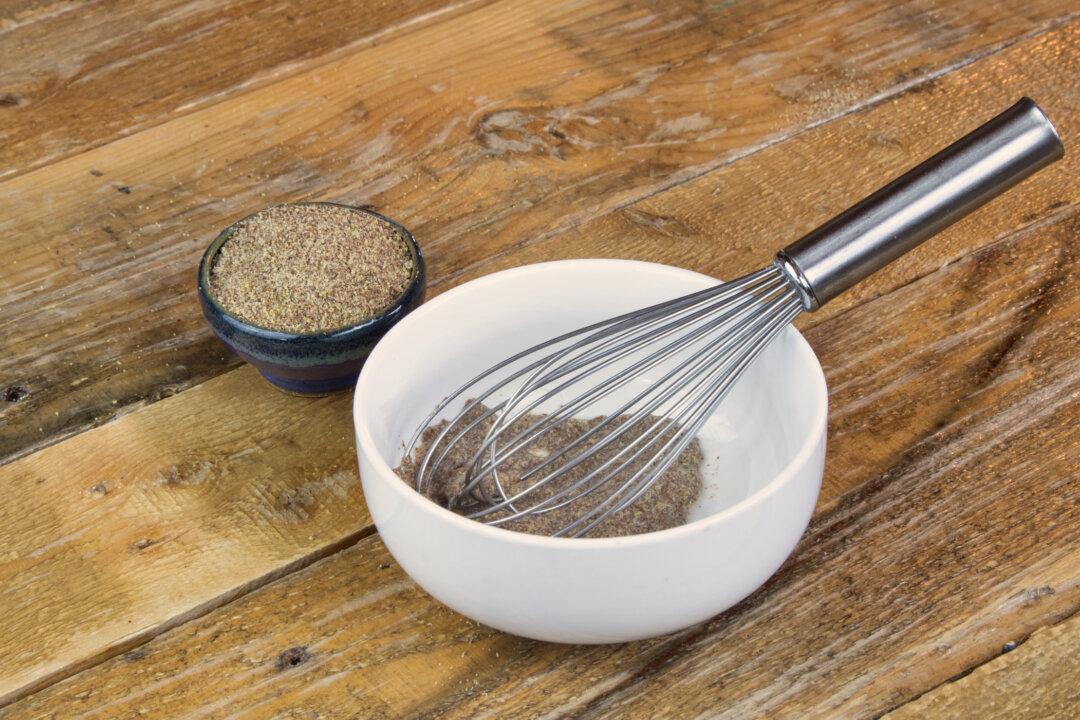Selenium is a trace mineral found naturally in the soil, water and in certain (mostly whole) foods, including Brazil nuts, tuna and eggs. An essential mineral, our bodies need selenium to properly function. Because our bodies do not make selenium, we must get it through diet. Though we only need small amounts of this mineral, it plays an important role in several bodily processes, including metabolism and thyroid function. Selenium is also necessary to make proteins that help the cells function and, as an antioxidant, it can help protect cells against harmful free radicals and repair damaged cells.
Potential Benefits
Selenium is indeed essential for optimal body function and health, and it may play a role in other important aspects of our health as well. Here are some areas of particular interest:Cancer protection: Selenium has been associated with lowered risk of some cancers, which may be due to its antioxidant activity, helping reduce oxidative stress, boost immunity, and fight cancer cells. One review of 69 clinical studies found that higher levels of selenium in the blood were associated with reduced risk of breast cancer, lung cancer, esophageal cancer, gastric cancer, and prostate cancer.





